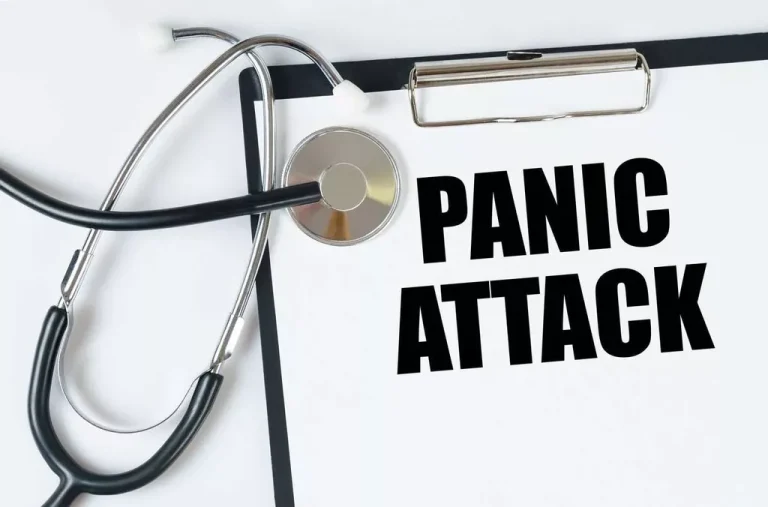Blood thinners and alcohol: Safety, effects, and more

The good news is there are steps you can take to prevent dangerous blood clots from forming. This is especially important if you have a higher chance of developing them. Experts suggest moderate alcohol consumption is generally safe while taking blood thinners. An appropriately designed, prospective-controlled blood thinners and alcohol clinical trial could definitively rule out indirect explanations for an inverse alcohol-CAD association. CAD stands almost alone in its inverse relationship to lighter drinking. Thus, nondrinkers’ increased CAD risk most likely does not represent a general predilection for serious illness.
Is It Safe to Mix Warfarin and Alcohol?
The American Heart Association (AHA) does not recommend drinking alcohol because of its risk of heart damage, including increased risk of blood clots. While moderate drinking is less dangerous than excessive drinking, it is important to avoid drinking alcohol at all if you have concerns about your cardiovascular health or concerns about blood clots. You should also speak to your doctor about weight management, healthy eating, and exercise to change cholesterol, blood pressure, and heart health more effectively than you can with red wine or any other serving of alcohol. In addition to interfering with the proper absorption of iron into the hemoglobin molecules of red blood cells (RBC’s), alcohol use can lead to either iron deficiency or excessively high levels of iron in the body. Because iron is essential to RBC functioning, iron deficiency, which is commonly caused by excessive blood loss, can result in anemia. In many alcoholic patients, blood loss and subsequent iron deficiency are caused by gastrointestinal bleeding.
Hemorrhagic Stroke
For healthy adults, doctors recommend limiting alcohol intake to a maximum of two drinks a day for males and one drink a day for females. Doctors warn people who are taking Aggrenox to moderate their alcohol consumption. Heavy drinking with these drugs increases the risk of stomach bleeding. Other researchers have used genetic approaches (i.e., transgenic animals) to prevent ethanol-induced oxidative stress. One approach included overexpression of proteins such as insulin-like growth factor (IGF-1), which stimulates growth and cell proliferation and has antiapoptotic effects (see Zhang et al. 2014).

How does drinking alcohol affect warfarin?
Finally, in studies of people from certain Eastern European countries, investigators have failed to find a cardioprotective effect with any level of ethanol consumption (Britton and McKee 2000). This suggests that alcoholic beverage type may be an important mediator, because in countries such as Russia, spirits are the alcoholic beverage of choice. However, the negative associations between alcohol consumption and CV outcomes in these countries also may relate to pervasive patterns of binge drinking (Leon et al. 2009). More recently, Cosmi and colleagues (2015) examined the effects of daily wine consumption in subjects enrolled in an Italian trial of heart failure patients (mean age ~67), most of whom had reduced ejection-fraction heart failure.
- The upper daily limit is 2 units of alcohol for men and 1 unit of alcohol for women.
- Your dentist and doctor will discuss a safe length of time for you to stop taking Pradaxa.
- The NHIRD covers nearly 99% of the population of Taiwan and is a representative data source that includes age, sex, and comorbidity information.
- Sharing this information can help you avoid potential interactions.
- Therefore, people should always check with a doctor or pharmacist whether it is safe to drink alcohol with a particular blood thinner.
- The FDA website provides several useful tips on medication disposal.

Up to 80 percent of people who develop a blood clot that forms in the leg (deep vein thrombosis, or DVT) have at least one or more risk factors. You may want to discuss these medications with a healthcare professional if you have certain risk factors for developing a blood clot. Clinicians and researchers have long recognized that alcohol consumption can directly damage heart muscle cells independently of any other cardiovascular effect (Klatsky 1995a).

Executive Editor, Harvard Health Letter



